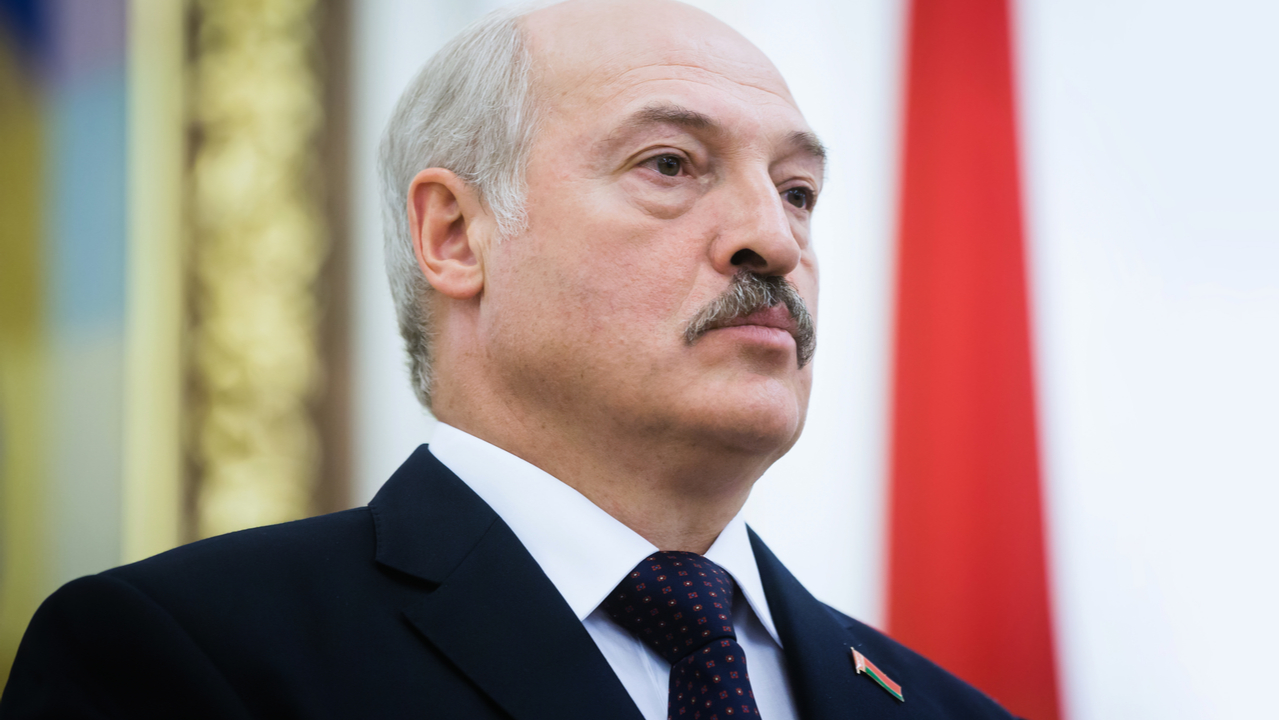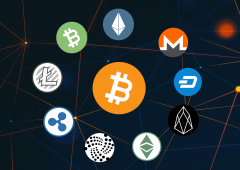Belarus Pushes Forward with Digital Ruble to Bypass Global Financial Pressure
20.04.2025 8:00 1 min. read Alexander Stefanov
Belarus is laying the groundwork for a digital version of its national currency, with full deployment expected by late 2026.
The central bank has made the development of this digital ruble a strategic priority, focusing heavily on traceability features to better monitor financial flows.
The initiative will roll out in phases, starting with technical design and software development, followed by regulations. Businesses will be the first to gain access in 2026, while government bodies and citizens are slated to join the following year. Officials also see potential in using the currency for international settlements, particularly in cooperation with Russia.
The country’s banking technology center has already begun building the platform, opting for the Hyperledger Fabric blockchain—a choice that mirrors similar moves by Russia and Brazil. Initial efforts center on basic functionality, with expansion planned over time.
Belarus’s pivot toward digital currency is also a response to shifting global dynamics. As crypto adoption grows and sanctions bite, the government hopes a state-backed digital alternative can provide financial independence and resilience.
Though Russia has pursued a similar path, its progress has stalled. Technical setbacks during its CBDC pilot have led to indefinite delays.
Belarus, however, is not new to digital innovation. Its early embrace of crypto regulations back in 2018 positioned it as one of the region’s more forward-thinking nations in the financial tech space.
-
1
Telegram Launches TON Wallet for U.S. Users, Unlocking in-app Crypto Features
22.07.2025 17:30 2 min. read -
2
Western Union Explores Stablecoin Integration After GENIUS Act Approval
22.07.2025 10:00 2 min. read -
3
Polymarket Eyes Launching Stablecoin to Capture Reserve Profits
23.07.2025 10:30 2 min. read -
4
JPMorgan Eyes Crypto-backed Loans Amid Favorable U.S. Policy Shift
22.07.2025 9:35 2 min. read -
5
Coinbase Brings Perpetual Futures to U.S. Traders Under CFTC Regulation
22.07.2025 13:33 2 min. read
FIS Partners With Circle to Bring USDC Payments to U.S. Banks
Global fintech firm FIS (NYSE: FIS) has entered into a new strategic partnership with a subsidiary of Circle Internet Group, Inc. (NYSE: CRCL) to bring USDC payment capabilities to U.S. financial institutions.
PayPal Unveils Crypto Payment Service to Cut Cross-Border Fees by 90%
PayPal has launched a new service, Pay with Crypto, aimed at reducing the high costs and complexity of cross-border payments for merchants.
Goldman Sachs and BNY Launch Tokenized Money Market Funds for Institutions
Goldman Sachs and BNY are set to unveil a groundbreaking blockchain initiative that will allow institutional investors to purchase tokenized shares of money market funds, according to CNBC.
Polymarket Eyes Launching Stablecoin to Capture Reserve Profits
Polymarket, the fast-growing crypto prediction market, is exploring the launch of its own stablecoin to capitalize on the yield generated from reserves backing USDC deposits.
-
1
Telegram Launches TON Wallet for U.S. Users, Unlocking in-app Crypto Features
22.07.2025 17:30 2 min. read -
2
Western Union Explores Stablecoin Integration After GENIUS Act Approval
22.07.2025 10:00 2 min. read -
3
Polymarket Eyes Launching Stablecoin to Capture Reserve Profits
23.07.2025 10:30 2 min. read -
4
JPMorgan Eyes Crypto-backed Loans Amid Favorable U.S. Policy Shift
22.07.2025 9:35 2 min. read -
5
Coinbase Brings Perpetual Futures to U.S. Traders Under CFTC Regulation
22.07.2025 13:33 2 min. read


